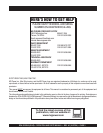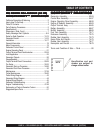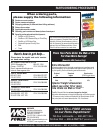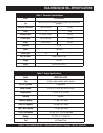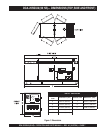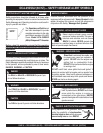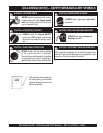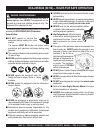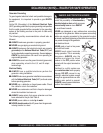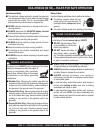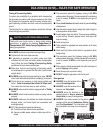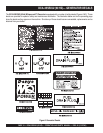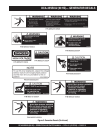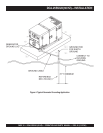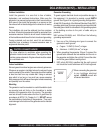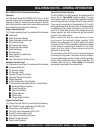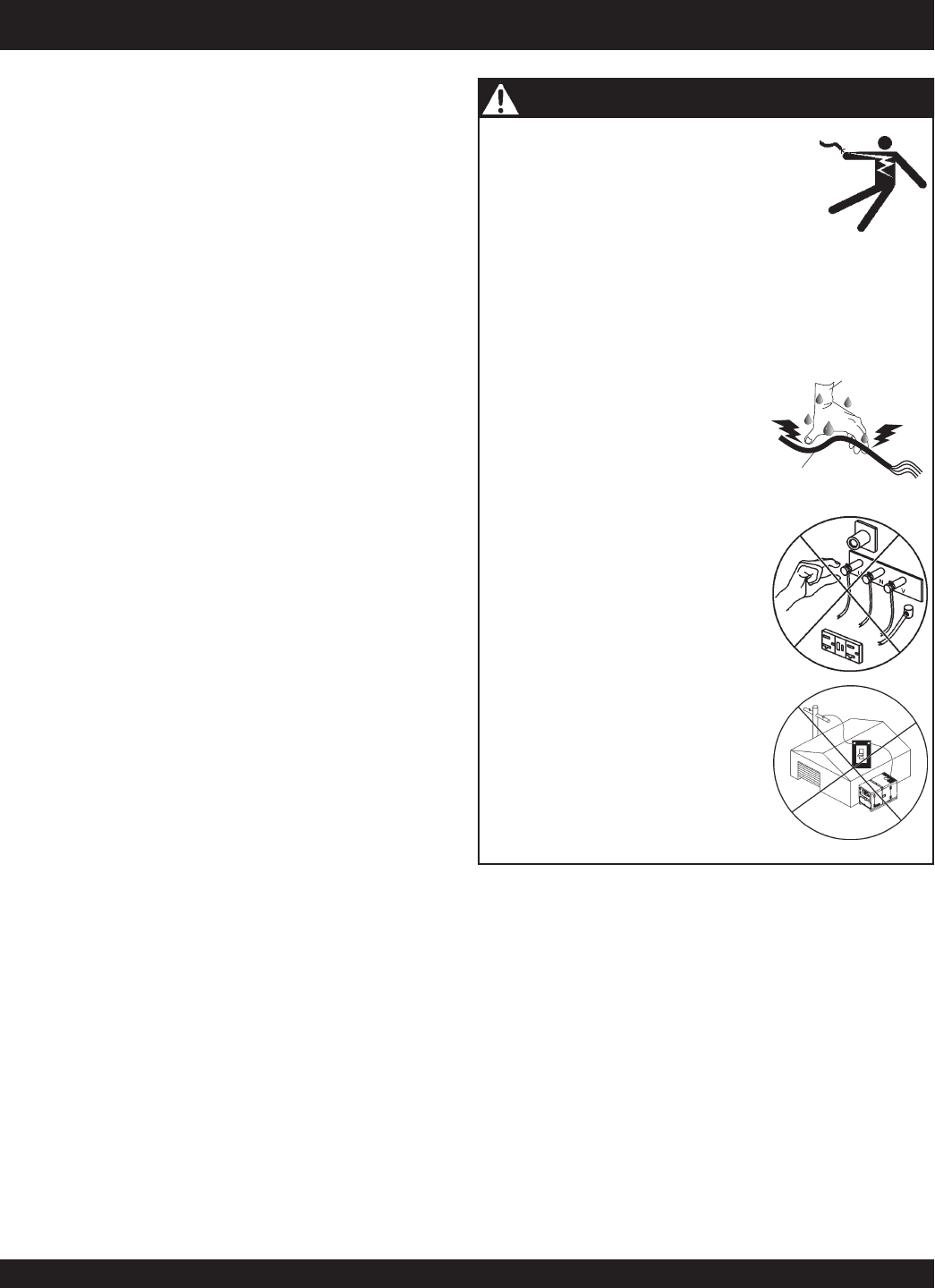
DCA-25SSIU2 (60 HZ)— OPERATION AND PARTS MANUAL — REV. #0 (01/27/06) — PAGE 11
1
DCA-25SSIU2 (60 HZ)— RULES FOR SAFE OPERATION
POWER
CORD
(POWER ON)
WET
HANDS
During operation of this generator, there
exists the possibility of
electrocution,
electrical shock or burn,
which can cause
severe bodily harm
or even
DEATH!
To avoid these hazards:
NEVER use damaged or worn cables when connecting
equipment to the generator. Make sure power connecting
cables are securely connected to the generator’s output
terminals, insufficient tightening of the terminal connections
may cause damage to the generator
and electrical shock.
NEVER grab or touch a live power
cord with wet hands.
NEVER touch output terminals
during operation. This is extremely
dangerous. ALWAYS stop the
machine and place the circuit
breaker in the OFF position when
contact with the output terminals is
required.
Backfeed to a utility system can
cause
electrocution
and or property
damage. DO NOT connect to any
building's electrical system except
through an approved device or after
building main switch is opened.
ALWAYS have a licensed electrician
perform the installation
DANGER - ELECTROCUTION HAZARDS
Generator Grounding
To guard against electrical shock and possible damage to
the equipment, it is important to provide a good EARTH
ground.
Article 250 (Grounding) of the
National Electrical Code
(NEC) provides guide lines for proper grounding and specifies
that the cable ground shall be connected to the grounding
system of the building as close to the point of cable entry
as practical.
The following safety recommendations should also be
followed:
■
ALWAYS make sure generator is properly grounded.
■
NEVER use gas piping as an electrical ground.
■
ALWAYS make sure that electrical circuits are properly
grounded
per the
National Electrical Code
(NEC) and
local codes before operating generator. Severe
injury
or
DEATH!
by electrocution can result from operating an
ungrounded generator.
■
ALWAYS be sure to use the ground terminal (green wire)
when connecting a load to the U,V, and W output
terminal lugs.
Electrical Safety
■
ALWAYS have a qualified electrician perform the
generator wiring installation.
■
ALWAYS make sure generator installation is accordance
with the
National Electrical Code
(NEC) and local codes
before operating generator.
■
NEVER use a defective or frayed power cable. Check
the cable for cuts in the insulation.
■
NEVER use a extension cord that is frayed or damaged
where the insulation has been cut.
■
ALWAYS make certain that proper extension cord has
been selected for the job. See Table 6.
■
NEVER power cables or cords
lay in wate
r.
■
NEVER
stand in water
while AC power from the generator
is being transfer to a load.



